Buy a virtual pint- How music venues survive COVID-19
Struggling to pay rent and wages as coronavirus lockdown continues, some music venues are using the virtual world to keep people connected to artists and their gigs
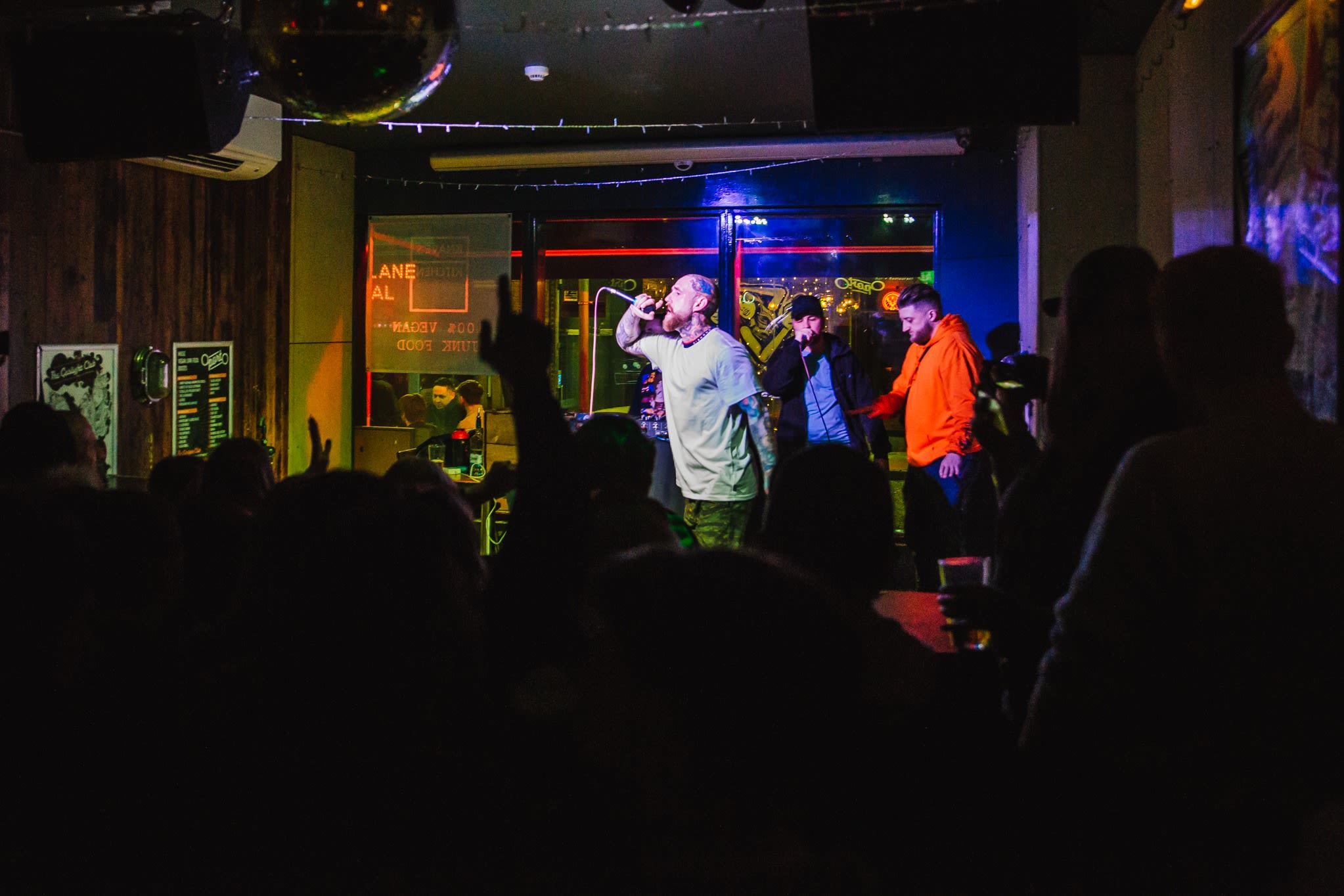
Hayley Gaftarnick faces in front of a mobile phone that is elevated by a stack of coffee-table books. She tunes her baby blue guitar and adjusts the microphone stand. With all usual pre-performance formalities complete, she begins the first song of an hour-long set. Her audience, 1,200 of them, conveyed their appreciation in the form of ‘heart’ emojis.
The COVID-19 lockdown meant that all live music venues including the Oporto had to close. But the 45-year-old independent music artist remains undeterred. Her weekly live gig goes ahead.
Besides dealing with the awkward silence in between songs, Hayley has no further complaints about playing a gig from the confines of her bedroom. She is livestreaming it on Facebook to ensure Oporto’s future beyond the coronavirus outbreak.
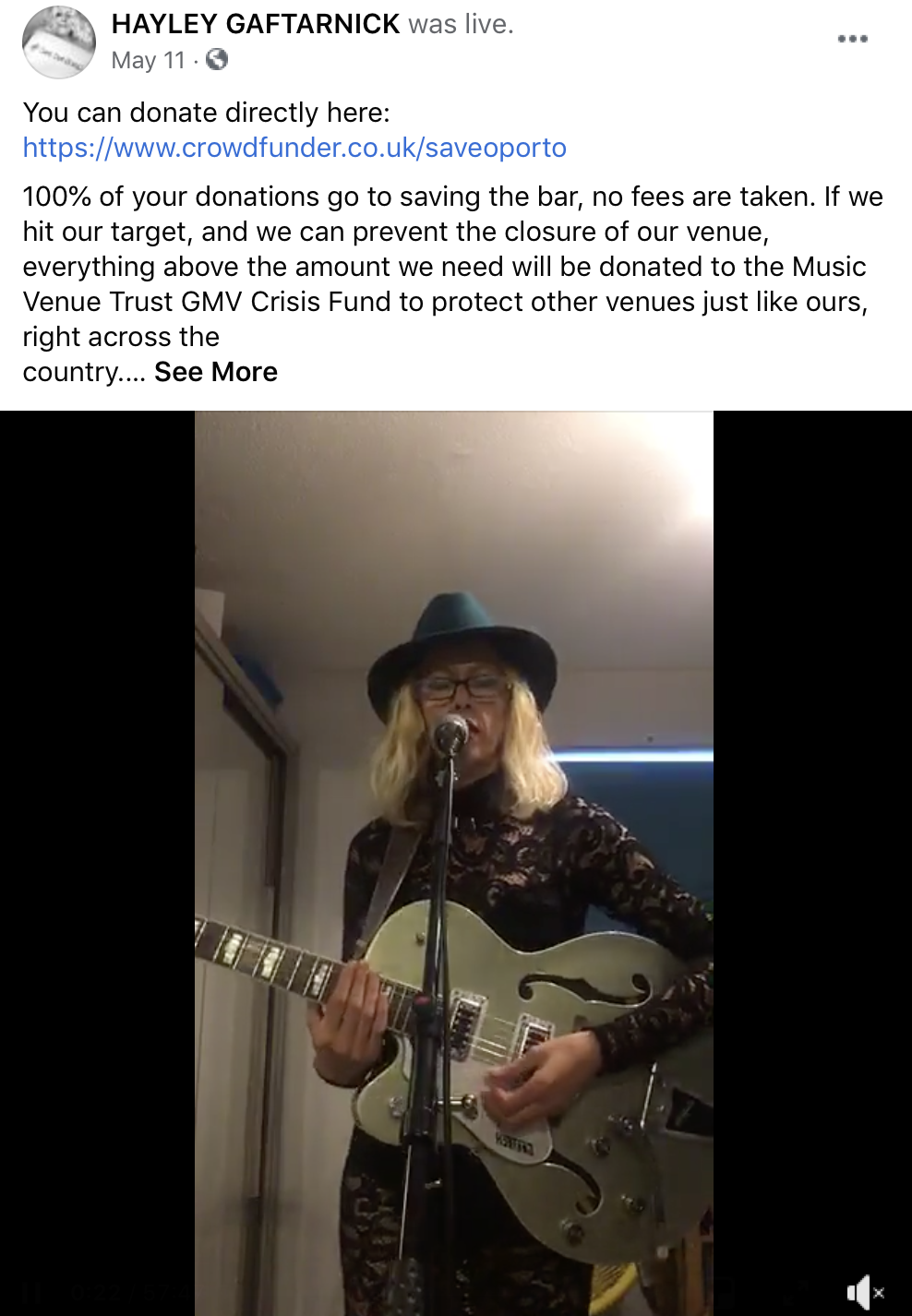
Every Monday night for over a decade, Hayley is a regular face at 33 Call Lane in Leeds. With her husky and powerful voice that is inspired by the ‘Queen of Soul’ Aretha Franklin, her original compositions are a huge draw in one of the city centre’s more livelier hotspots. The 120-seater venue was also where she launched her debut single ‘Turn To Stone' in 2013.
“Oporto have always been very supportive of up-and-coming artists. It would be a shame if they have to close,” she says, “lots of great memories.”
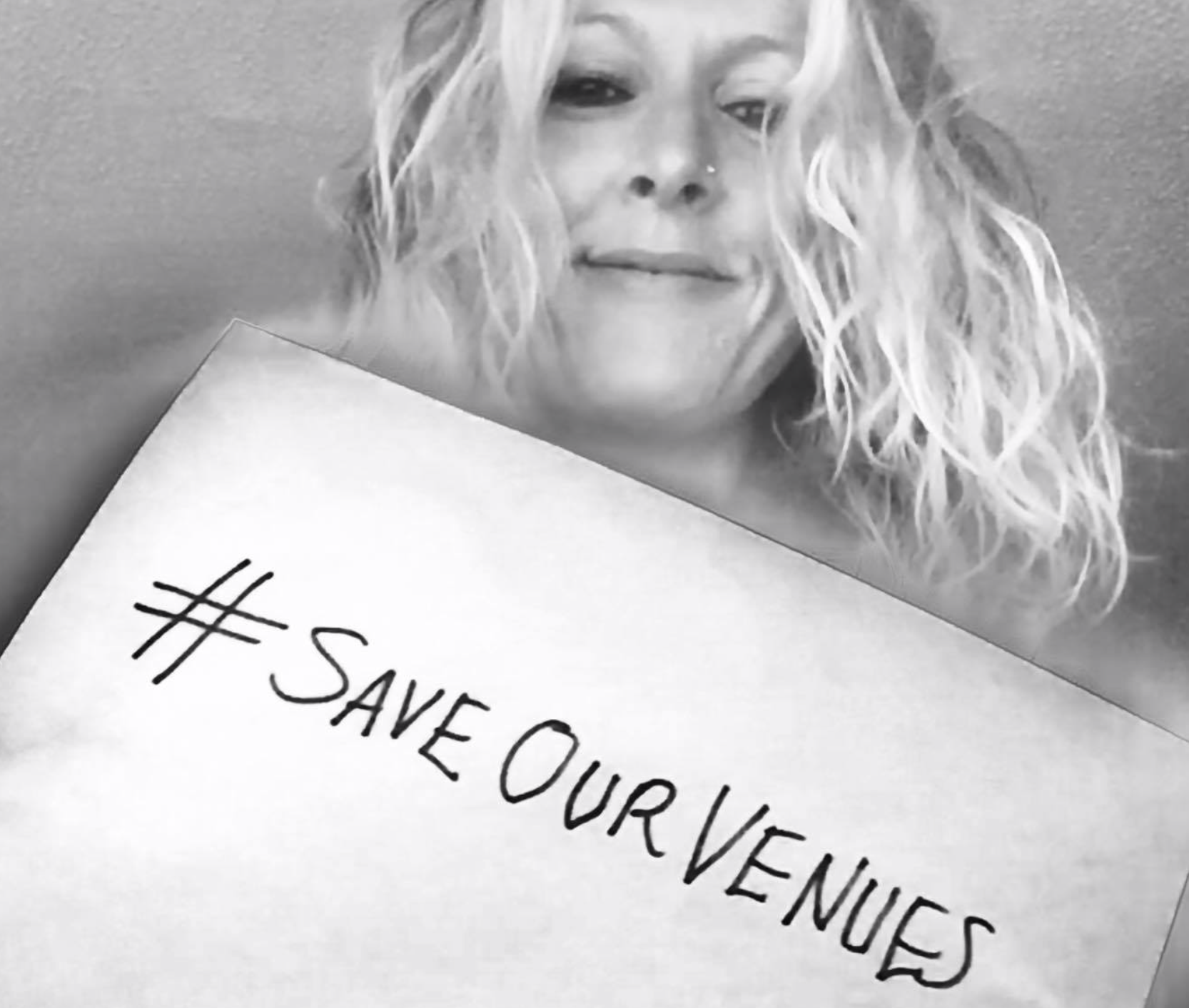
Hayley livestreams her gigs on Facebook from home to ensure Oporto's future beyond the coronavirus outbreak.
Hayley livestreams her gigs on Facebook from home to ensure Oporto's future beyond the coronavirus outbreak.
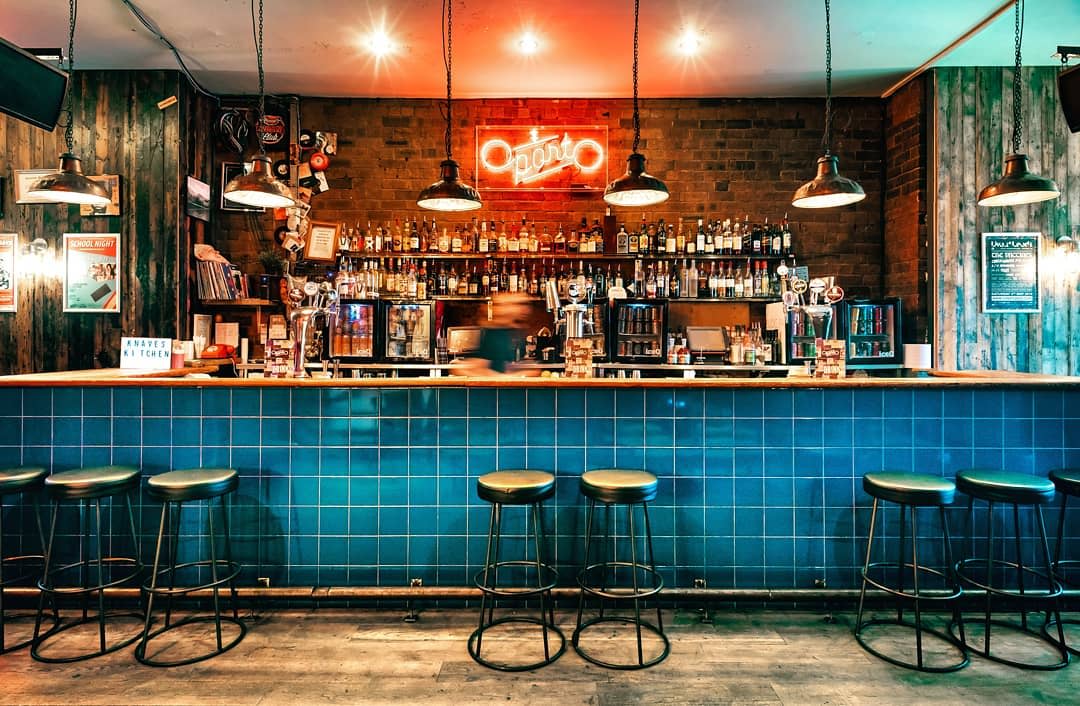
Hayley is part of the ‘Save our Venues’ campaign. Launched by the Music Venue Trust (MVT), they say 556 out of 670 grassroots music venues in the UK are at risk of being closed for good due to the coronavirus social distancing policies.
Music artists are encouraged to help raise funds for a music venue, each with their own Crowdfunder page. If the targeted amount of funds is met, excess donations will go to the overall campaign fund- which has raised over £1m in two weeks. But MVT says more donations are required. They estimate music venues lose around £524,000 a day during the lockdown.
“If it’s a venue that Coldplay’s Chris Martin remembers playing 20 years ago, and if he can save it by playing one online gig then I’d strongly encourage him to do it,” says MVT CEO Mark Davyd.
“The government isn’t going to because they’ve run out of money and ideas. We have to take responsibility for it ourselves.”
In response to the coronavirus outbreak, the government has introduced income support for self-employed people. Those eligible will be able to claim 80 per cent of their average trading profits up to a maximum of £7,500 in a single instalment.
But in a message by the UK Music Association, they said there are members in the music industry who do not qualify for the available funds, including those who are directors of their own music firms (“They cannot furlough themselves as this would stop their firms from operating”) and people who are self-employed after February 28.
They added the closure of music venues will result in the loss of over 5,000 jobs, 100,000 gigs and more than a million temporary employment opportunities.
The UK Music Association said: “The fight against coronavirus has been likened to a war and I believe – just as there was the Marshall Plan (An American-initiated economic recovery programme to help Western Europe) after the Second World War – we’ll need help to rebuild our industry after this crisis.”
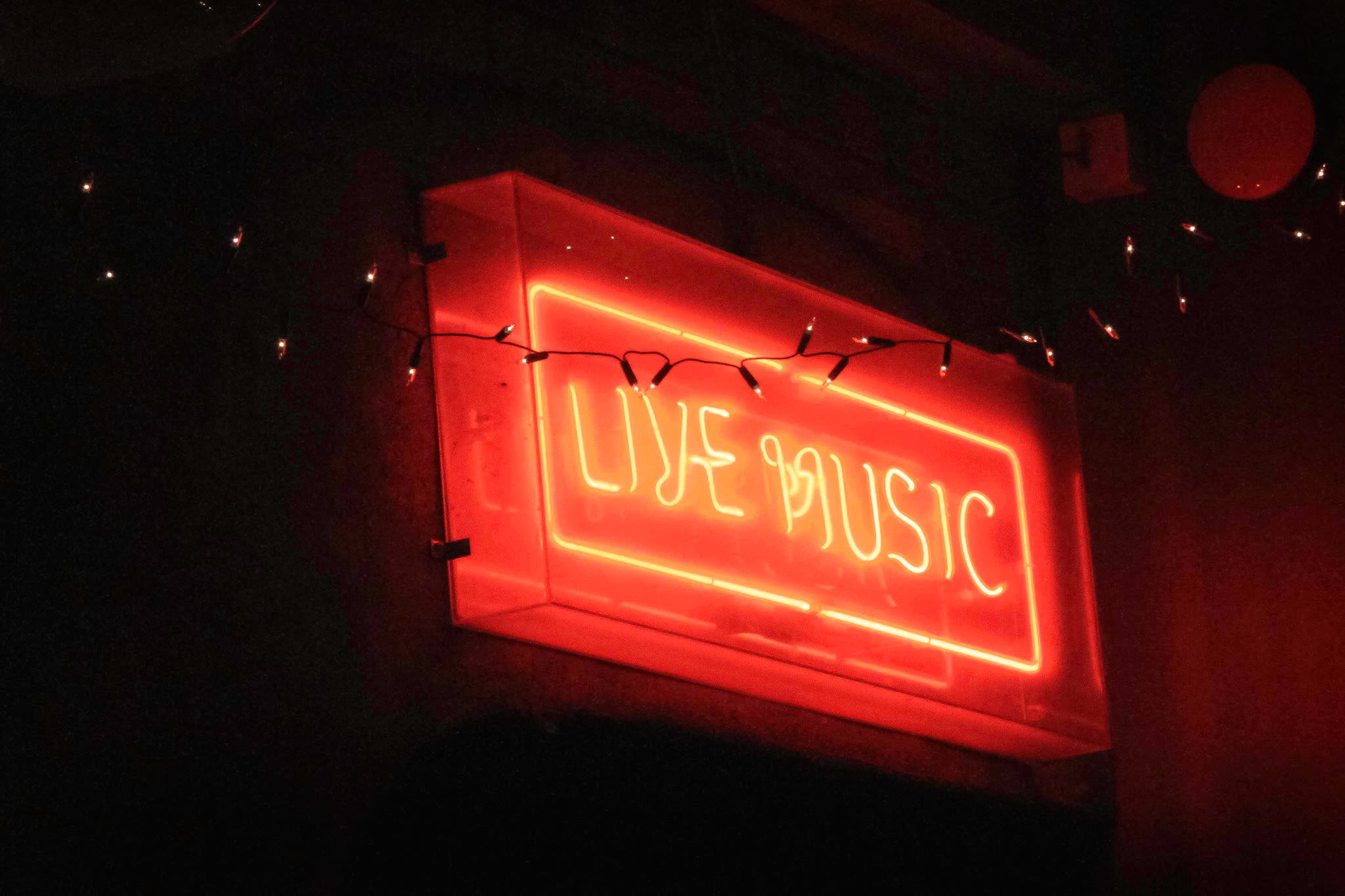
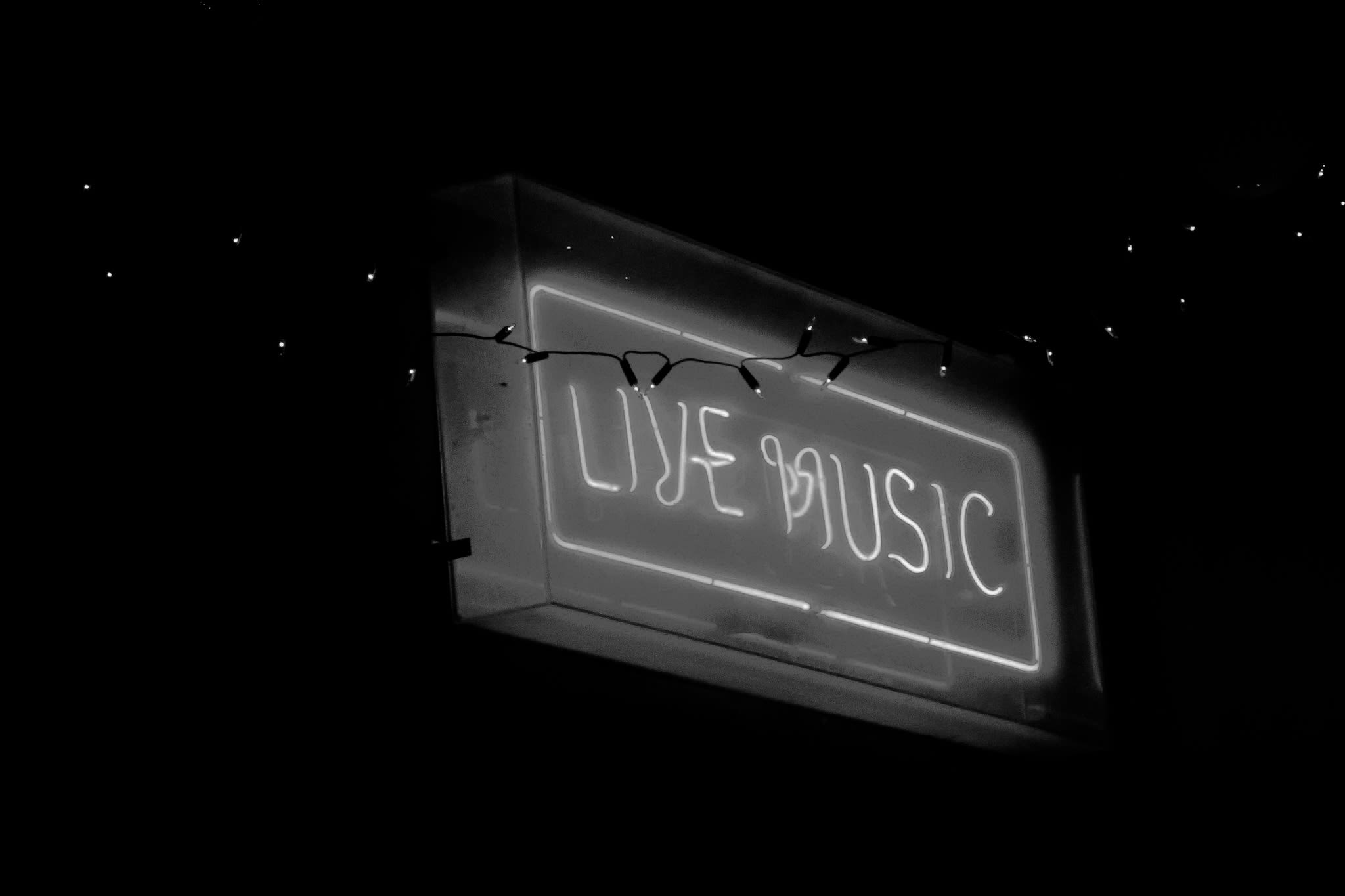
Another venue which is taking part in the Save Our Venues campaign, is The Horn in St Albans.
Opened as The Horn of Plenty in the early 1970s, it is the place where Kim Wilde and Paul Young kicked off their careers, and more recently The Gallows, The Subways and Friendly Fires. With over 80 live acts in a month, they are a mainstay in the UK independent music scene.
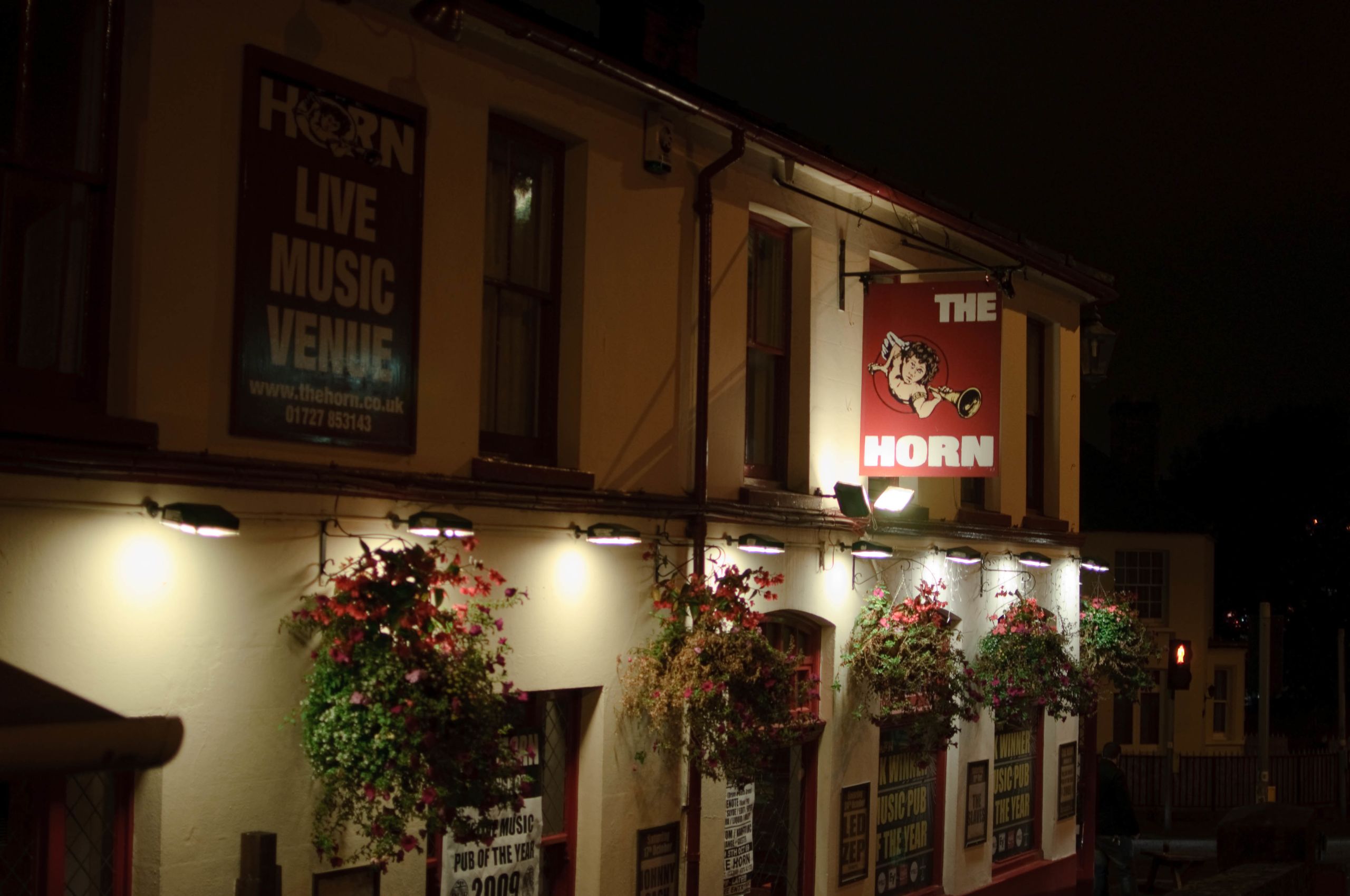
Royal Holloway University student Alex Smith felt he had the best work experience at The Horn three years ago. For the 19-year-old Politics and International Relations major, it was his first opportunity to work in the music industry.
“I’ve always wanted to be around music. But all the different music venues that I messaged for opportunities said I was too young to work for them. The people at The Horn were the only ones who invited me to come down and learn from their crew,” he says.
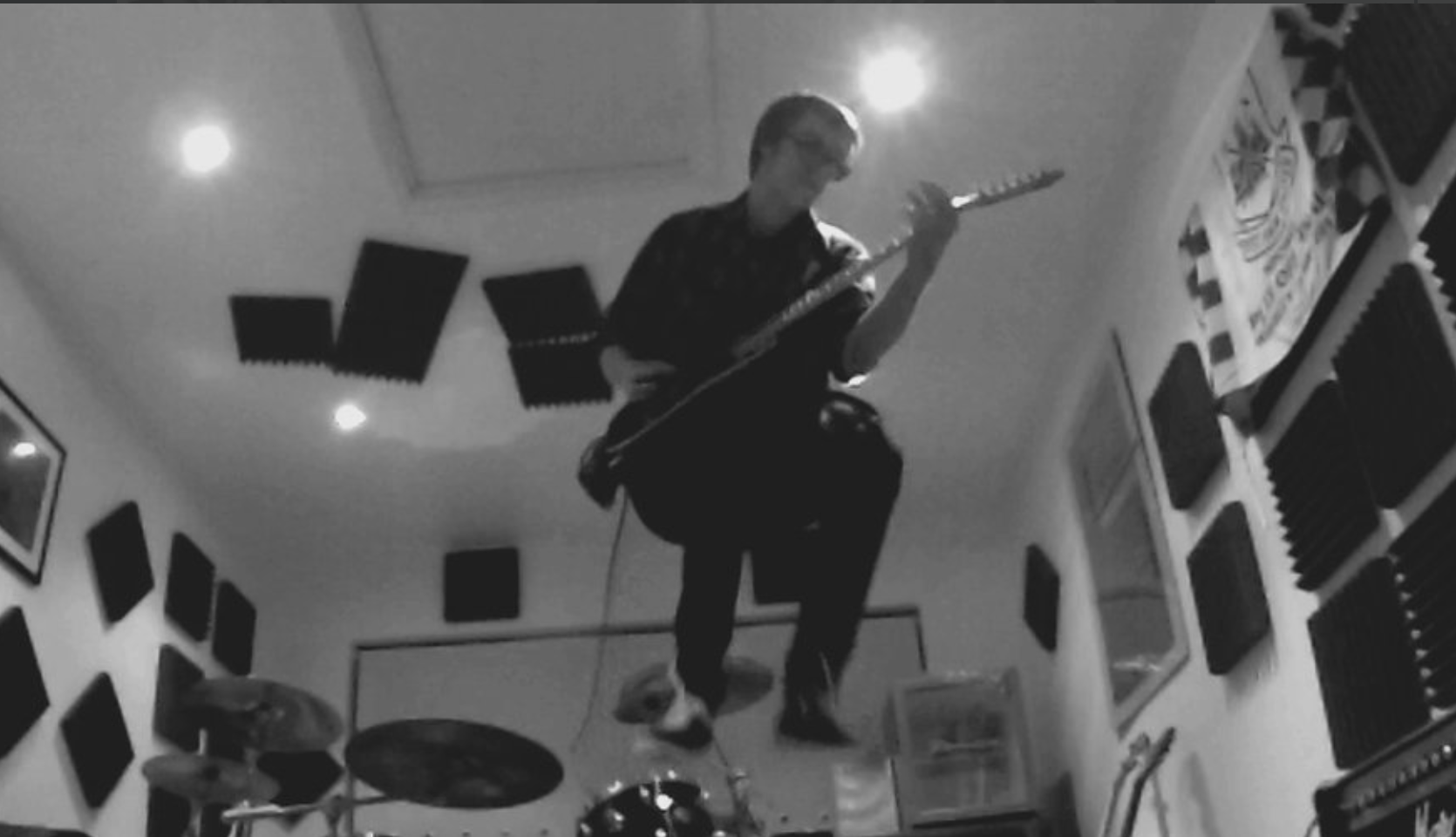
Alex is now a part-time supervisor of the tech team for his university’s student union, which hosts Friday night live gigs. He credits his two-week stint of shadowing the sound engineers at The Horn for teaching him what goes on behind-the-scenes at a music venue.
“With the knowledge, confidence and experience The Horn gave me, I wouldn’t have been able to progress to where I am today,” he says.
While Alex has been furloughed, he considers himself lucky. Music gigs have been suspended at the student union before the lockdown, due to the upcoming Spring examinations. This meant he would have been out of work either way.
But he sympathises with his ex-colleagues and those working in other music venues who have lost their jobs.
“I know that whatever happens, I’m likely to return to a job. My university has also been understanding and allowed me to terminate accommodation contracts early,” he says, but it’s a lot harder for them (his ex-colleagues) to find somewhere new to pay for a roof over their heads and put food on the table,” he says.
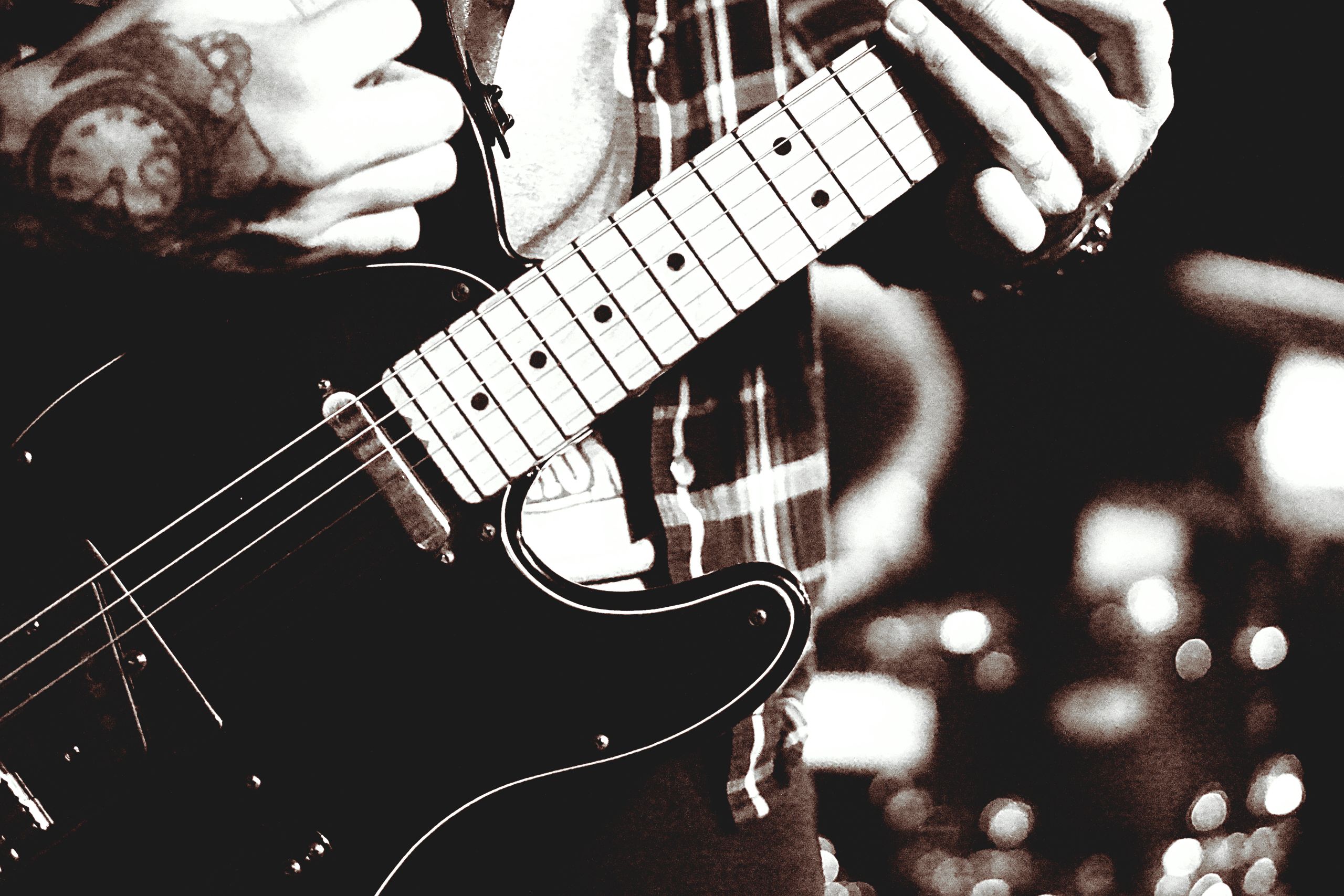
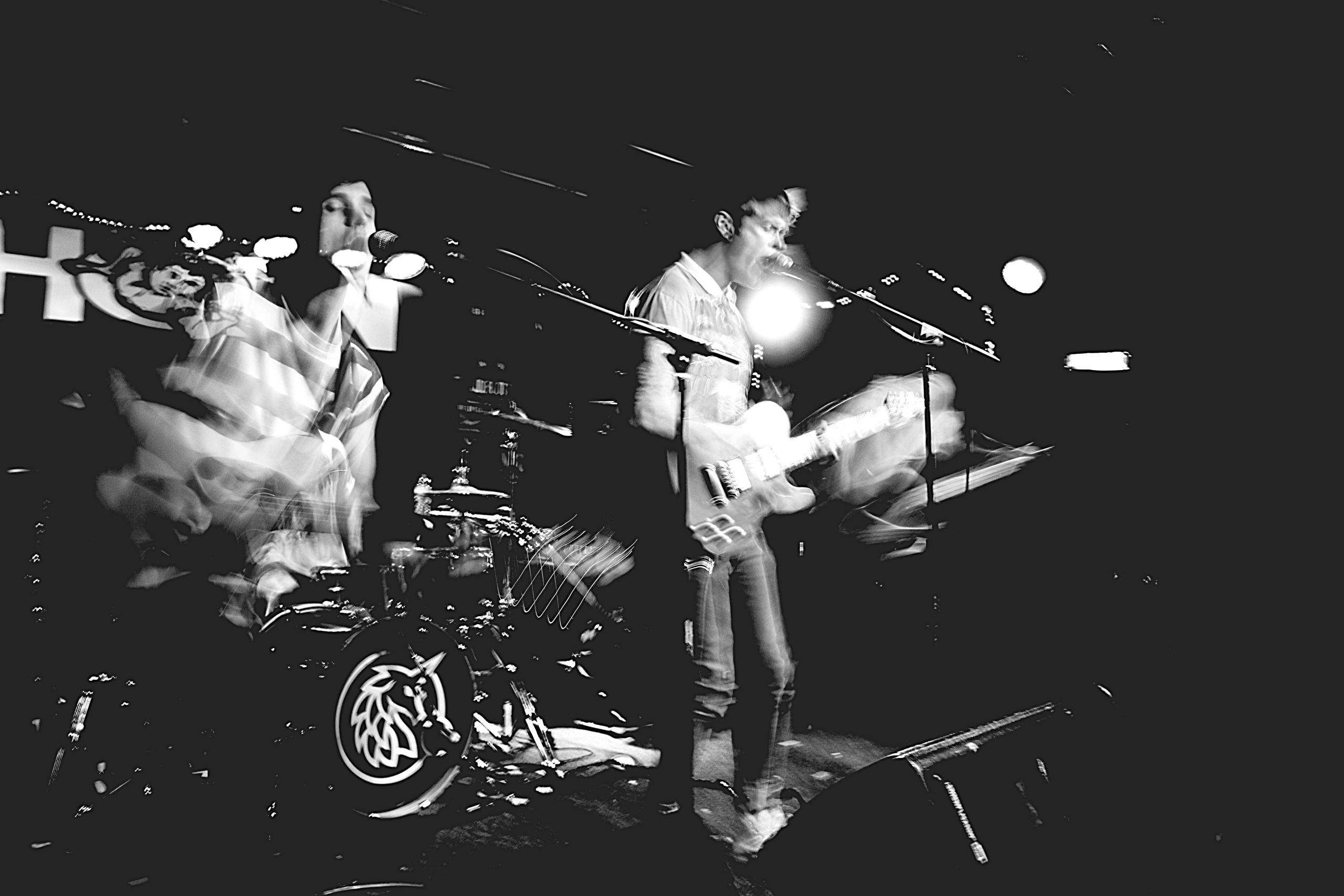
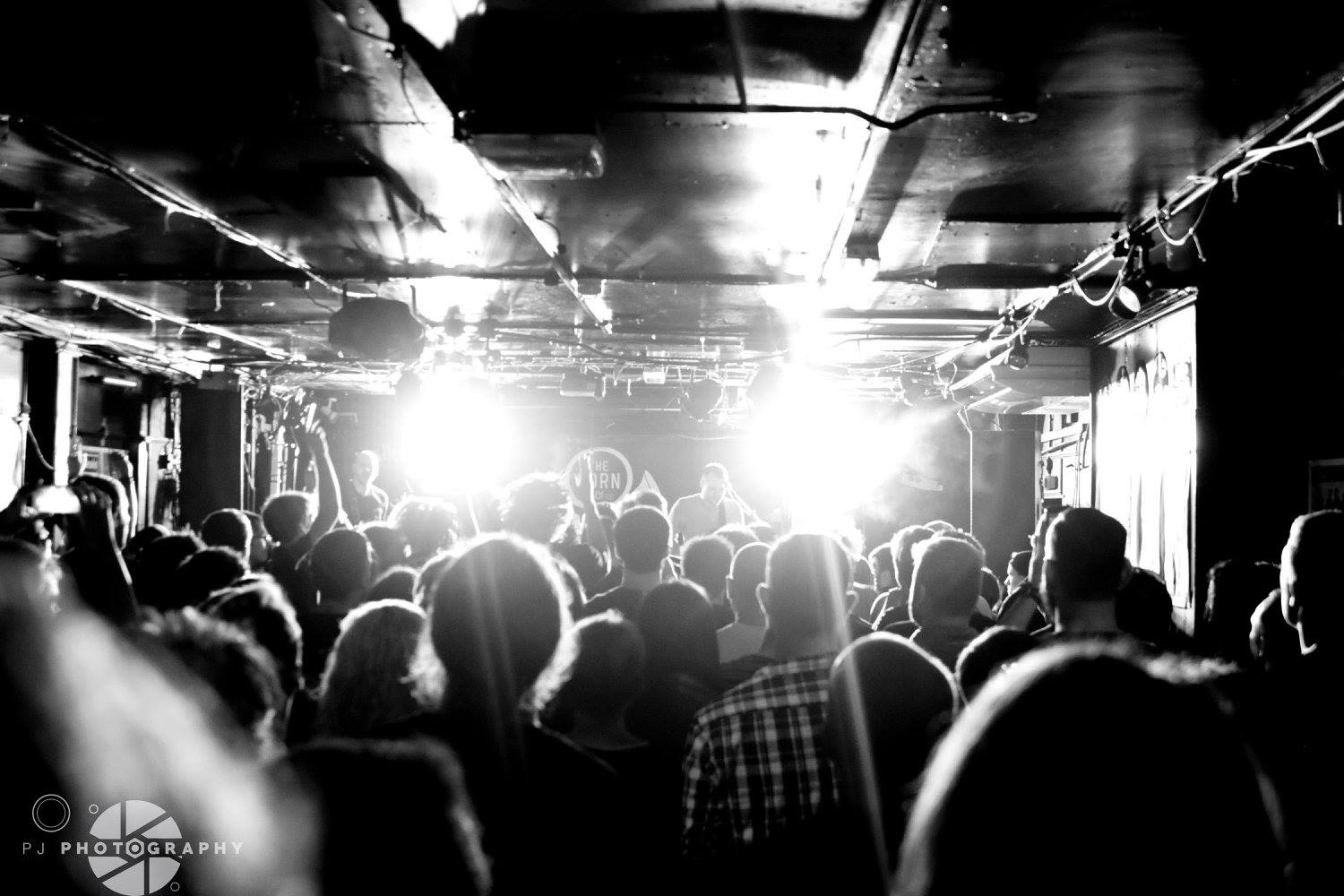
In late March, The Horn turned to crowdfunding to pay rent and wages. Those in the music industry answered their call to buy them a virtual pint, including David Bowie's guitarist, Reeves Gabrels, BBC Radio 6's Steve Lemacq, Billy Lunn from The Subways, and Paul Young. Within a week, they raised over £17,000 in donations.
Alex is hopeful that the success of The Horn’s crowdfunding campaign will ensure its survival beyond the coronavirus outbreak. Being involved in the independent music circuit, he is unable to imagine life without grassroots music venues.
“They’ve always been the breeding ground for some of the UK’s newest and most exciting acts, he says, “without these venues we won’t have Ed Sheeran, Lewis Capaldi, Wolf Alice and so many more talents throughout the history of music.”
“The closure of these venues will be a disaster for the whole UK music industry.”
